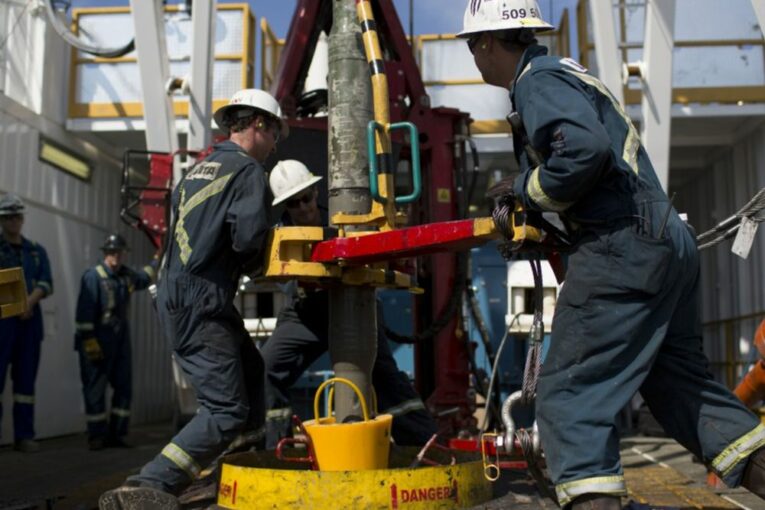
Cenovus Energy Inc. said it will triple its dividend after high crude prices helped the oil major post a sevenfold increase in quarterly profit.
The Calgary-based company reported net earnings of $1.6 billion for the first quarter, compared with profit of $220 million in the same period last year.
The company announced plans to increase its base dividend to $0.42 per share from $0.14 per share annually, beginning in the second quarter. Shares in the integrated oil company jumped on the news April 27, climbing by more than 10 per cent to close at $23.27.
In a conference call with anlaysts, Cenovus CEO Alex Pourbaix also fielded questions about the federal government’s new 50-per-cent investment tax credit for carbon capture, utilization and storage (CCUS) technology.
Pourbaix said the tax credit on its own won’t be enough to get projects moving. He said that similar projects around the world have required 60- to 70-per-cent support from governments, and that further assistance from the province may be necessary to get projects off the ground in Alberta.
“As an industry we’re going to require some more help at a steady state to probably go forward with these really meaningful large-scale CCUS projects,” Pourbaix said. “And I would suspect there’ll be contribution from both levels of government ultimately in that.”
Pourbaix also defended the notion of public investment in emissions reductions at a moment when the industry is seeing such strong earnings.
“These are multibillion-dollar projects and we have to have certainty that they are investable and that we can manage those investments over the entire commodity price cycle,” Pourbaix said. “Although oil prices right now are obviously attractive. We know, probably before that project is ever in service, we’ll probably test the bottom end of those prices again. So we really have to look at this over the long term.”
Commodity prices have been surging since Russia’s invasion of Ukraine in February exacerbated already tight oil supplies, driving benchmark West Texas Intermediate crude above US$100 per barrel.
In addition to the dividend boost, Cenvous announced it will target to return 50 per cent of quarterly excess free cash flow to shareholders when net debt is below $9 billion through its share buyback plan. And once net debt is below $4 billion, the company said that 100 per cent of the priors quarter’s excess free cash flow will go to share buybacks, a scenario some analysts estimate could happen next year.
“We have built this business with a focus on free-funds-flow generation and we’ve made rapid progress on the balance sheet,” Pourbaix said on the conference call.
Cenovus has become the country’s third-largest oil and gas producer since its acquisition of Husky Energy in 2021.
Upstream production rose to 798,600 barrels of oil equivalent per day (boepd) in the first quarter, from 769,254 boepd a year earlier.
Long-term debt was $11.7 billion at the end of the first quarter of 2022, down by $640 million from the end of 2021. Net debt was $8.4 billion. The company said it has adopted an ultimate net-debt target of $4 billion.
Cenovus also raised its 2022 capital expenditure forecast by $300 million to a range of $2.9 billion to $3.3 billion, reflecting increased costs associated with rebuilding its Superior Refinery in Wisconsin.
In a research note, National Bank analyst Travis Wood said that inflationary pressures and supply chain headwinds were responsible for the change in forecast and come as no surprise. “We expect to see similar announcements across the sector throughout the remainder of the reporting season,” Wood wrote.
Cenovus announced earlier this month that it was suspending its practice of oil price hedging and estimated the cost of exiting its hedges at $1.38 billion over the first two quarters of 2022.
Hedging allows companies to lock in future prices for a portion of production, shielding them from downturns — but Cenovus’ risk management program also prevented the firm from fully benefiting from the upswing in energy prices.
With additional reporting from Reuters
• Email: [email protected] | Twitter: mpotkins
You can read more of the news on source
